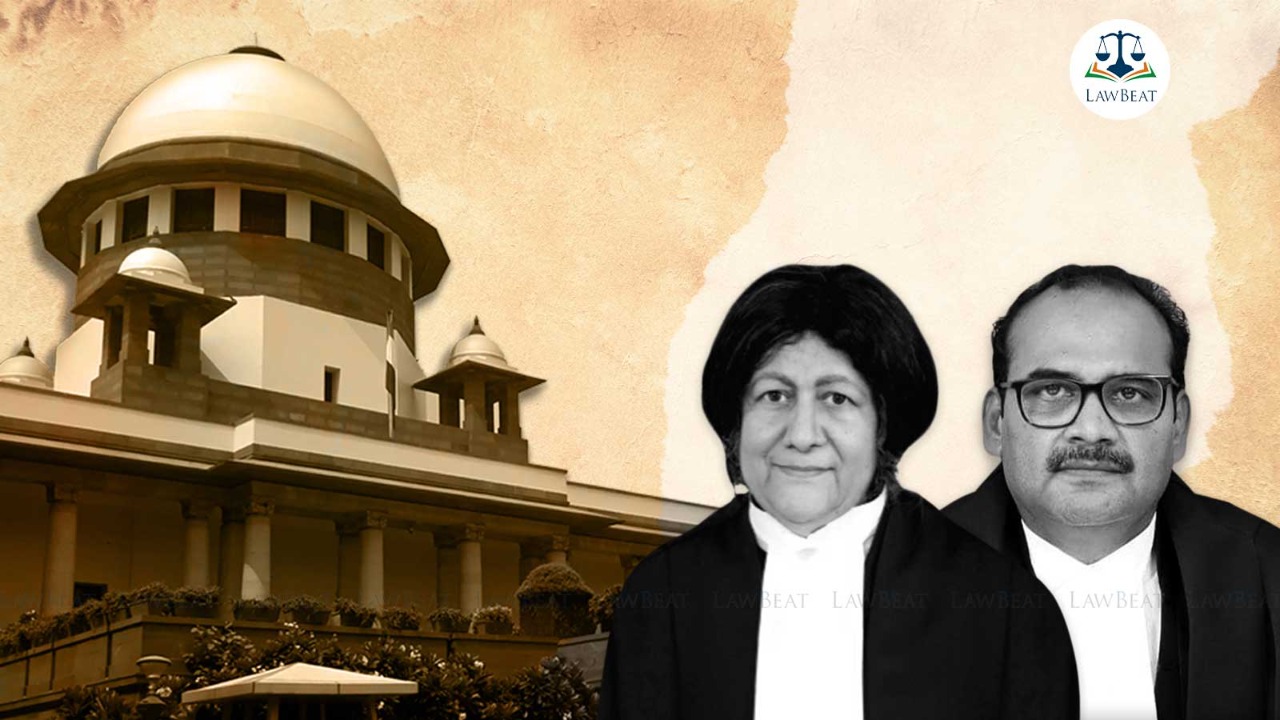Non-disclosure of specific reasons for decision on a issue would not vitiate a judgment: Supreme Court

Top Court also held that the principles of res judicata are attracted where the matter in issue in the later proceedings have directly and substantially been in issue in earlier proceedings, between the same parties, in a competent forum having jurisdiction.
The mere fact that an issue may not specifically have been dealt with, or reasons not specifically disclosed for decision on that issue, would not vitiate a judgment and order, that is otherwise correct, the Supreme Court held on Tuesday.
"Where an objection to the maintainability of any application/suit on an issue of law is not expressly dealt with, but the application/suit is entertained and disposed of on merits, the objection is deemed to have been rejected", added a bench of Justices Indira Banerjee and JK Maheshwari.
Top Court made these observations while dismissing an appeal filed by the Central Bank of India wherein it had challenged an order directing it to grant the benefit of seniority, promotion and other benefits to an employee, who was wrongly terminated, to which he would have been entitled, if he had attended to his duties.
When the employee approached the Madhya Pradesh High Court seeking relief, Bank contested the Writ Petition and filed a reply, raising a preliminary objection to the maintainability of the Writ Petition on the ground of the Writ Petition being barred by principles of res judicata as the employee had already approached the Tribunal and High Court before.
In the writ petition before the High Court, the aggrieved employee was found to have clearly stated that both the parties had challenged the Award of the Tribunal before the High Court and both the Writ Petitions were heard analogously and dismissed by a common order.
Noting this, the Court said,
"Even though, the Court may not have specifically dealt with the issue of res judicata raised by the Appellant-Bank as a preliminary issue, it is clear from the judgment and order of the Single Bench as also the impugned judgment and order of the Division Bench, that the second writ petition was not barred by the principles of res judicata or analogous principles."
The Top Court further clarified that principles of res judicata are attracted where the matter in issue in the later proceedings have directly and substantially been in issue in earlier proceedings, between the same parties, in a competent forum having jurisdiction.
"Res judicata debars the Court from exercising jurisdiction to determine the lis, if it has attained finality between the parties. There is a distinction between res judicata and issue estoppel. In the case of issue estoppel, a party against whom an issue has been decided would be estopped from raising the same issue again...", the division bench observed.
It was further held that where an issue could have been raised in earlier proceedings but had not been raised, the principle of constructive res judicata would be attracted to deny relief, for it is not the policy of law that multiple proceedings should be initiated in Court in relation to the same cause of action.
Where the cause of action for initiation of proceedings is a distinctive cause of action, the principles of res judicata would not apply, the bench added while dismissing the appeal.
Case Title: CENTRAL BANK OF INDIA & OTHERS vs. DRAGENDRA SINGH JADON
